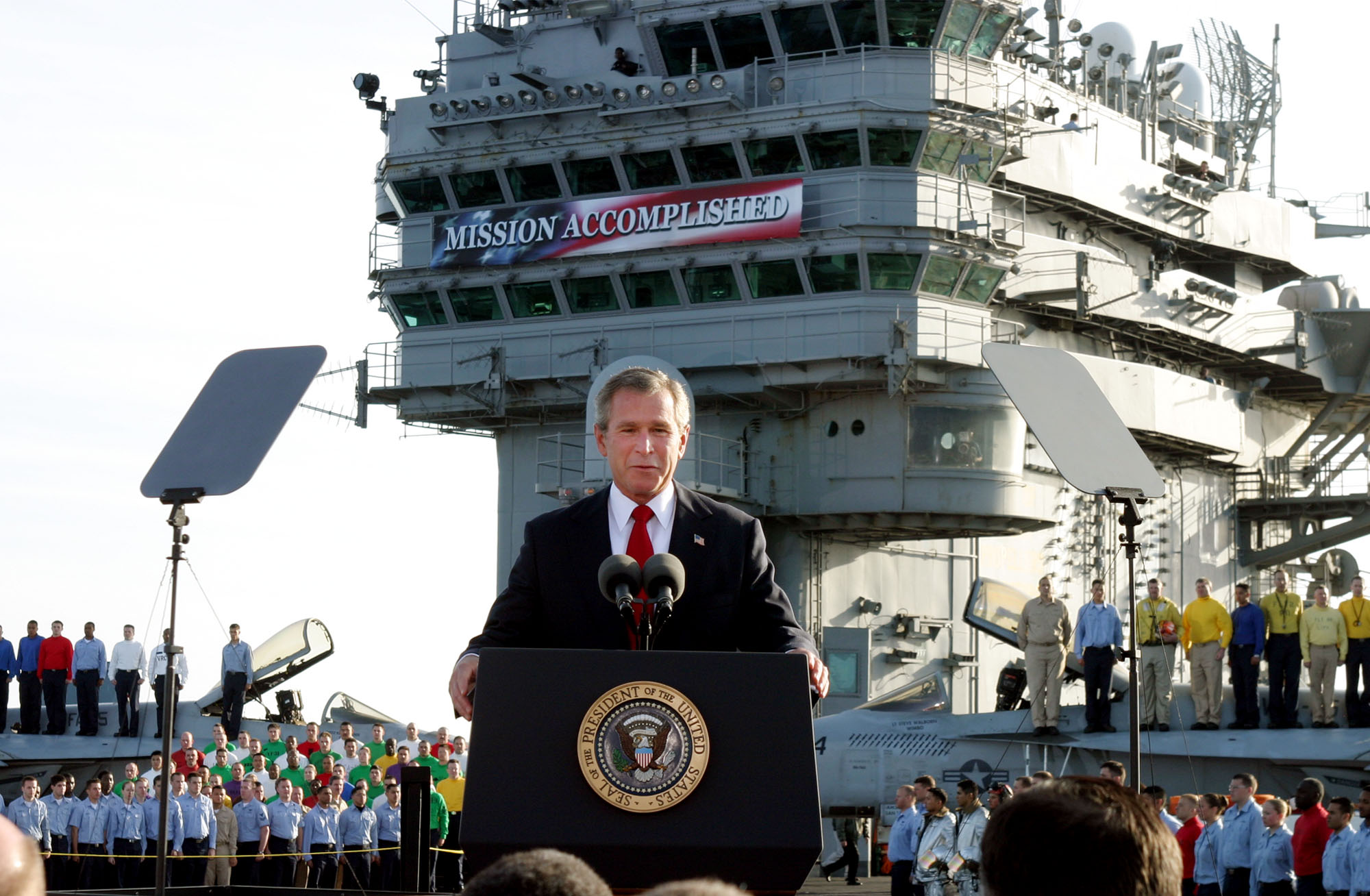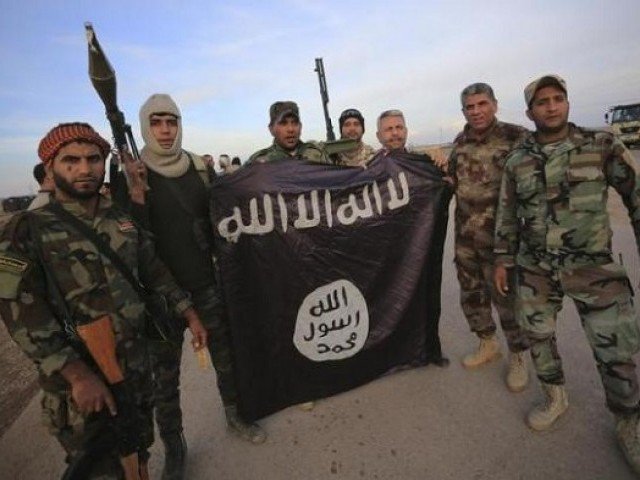This month marks 15 years since a US-led military coalition launched ‘Operation Iraqi Freedom’, an invasion designed to topple the Saddam Hussein regime. The mission itself was undoubtedly a success, bringing an end to Hussein’s leadership of the country in line with the operation’s original aim. Yet in the long run the invasion has come to epitomise the eventual backfiring of George W. Bush’s ‘War on Terror’, and a decade and a half on politicians would do well to learn from the failing of the Iraqi situation.
Although there had long been movements imploring the US government to depose Saddam Hussein, it was 9/11 that changed everything. Almost overnight after the shocking attacks, the Middle East became a foreign policy priority for the US under Bush, whose main aim was to ensure similar scenes to those in September 2001 never took place again. It was, at least publicly, with this aim in mind that the US became concerned with Iraq as part of its War on Terror. Although Iraq was quickly ruled out as having any involvement in the attacks, there had long been a suspicion that Hussein’s government was producing weapons of mass destruction (WMD), potentially giving in the capability to launch a devastating attack on foreign soil. This meant Bush’s invasion could be framed as being in the best interests of his country’s security.

Except, as discovered following the invasion, Iraq did not possess any such weapons. While it did have WMD, these were only capable of being used in a domestic context – still brutal and horrific for sure, but not relevant to US national security in particular. In fact, the heavy-handed reconstruction of Iraq led by the US and the UK probably worsened the terrorist threat across the region, and by extension the world.
The region was destabilised, allowing sectional tensions between the country’s Sunni and Shia demographics to grow, with many Sunni turning towards jihadism to assert their cause most strongly. At the same time, many key members of Iraq’s political and military structures under Saddam Hussein were detained in US-run facilities following the invasion, where they were held alongside the radical Sunni jihadists. As a result, these facilities fostered a merging of ideological extremism with military and political competence which many see as forming the roots of what is now known as Daesh. According to the Iraqi government, 17 of the 25 most important figures in Daesh spent time in US detention facilities, where strong bonds appear to have grown among the disaffected inmates.
 A group of Daesh fighters (Source: Express Tribune)
A group of Daesh fighters (Source: Express Tribune)
Only in the context of the Iraq War and its aftermath can we understand the nature of modern-day jihadis, given its impact in transforming terrorist organisations in the region. Where they were once stateless groupings of individuals constantly on the run from various intelligence services, like Al-Qaeda, they became a so-called ‘state’ with a geographic basis and the expertise to know how to conduct conventional military campaigns and administrate territories under its control. This territorial control over regions in Iraq and Syria allowed these extremists to spread their ideology far more directly and effectively than their predecessors, while new recruits knew exactly where to go to join up, making Daesh a formidable organisation. The repressive nature of Daesh’s regime in Iraq and Syria and its attacks on various other countries speak for themselves, and only now is it beginning to be overcome. Perhaps if Iraq had been handled differently 15 years ago, global security could have ended up very differently.


